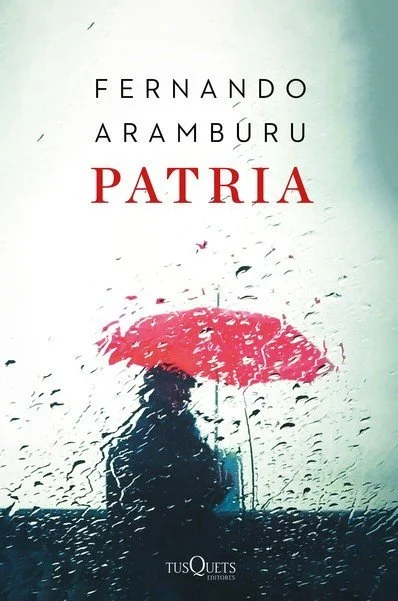Patria- Fernando Aramburu
January 2024
This was the second time I tried this novel. I am not sure why I didn’t enjoy it the first time because this time, I could hardly put it down. It has been a long time since I simultaneously liked one character so much (Txato) and disliked another (Jose-Mari). It felt like a great snapshot of what the Basque Country must have been during those days of ETA, and I felt great sadness throughout the story. I would recommend it to anyone.
It follows two Basque families, once close neighbors turned bitter enemies after their sons take opposing paths during the ETA conflict. When Bittori, the widow of a businessman killed by ETA, returns to her hometown years after the murder, old wounds reopen. The story shifts between past and present, peeling back layers of guilt, complicity, and silence as characters grapple with the legacy of violence.
Aramburu avoids villainizing anyone, instead painting a raw, nuanced portrait of how fear and ideology poison ordinary lives. The mothers, Miren and Bittori, are especially compelling—their friendship destroyed by loyalty to their children, their grief laced with anger and regret. Even minor characters, like a conflicted ETA member or a priest wrestling with his conscience, add depth to the exploration of moral ambiguity.
The novel isn’t about picking sides (although its hard at times not to sympathise with el Txato and Bittori); it’s about the quiet devastation left when communities fracture. Aramburu’s prose is spare but piercing, lingering on small moments—a shared meal, a childhood memory—to underscore what’s lost. It’s heavy but never melodramatic, and the ending feels earned, refusing tidy resolution. A haunting, necessary read about the cost of fanaticism and the fragile hope for reconciliation.
